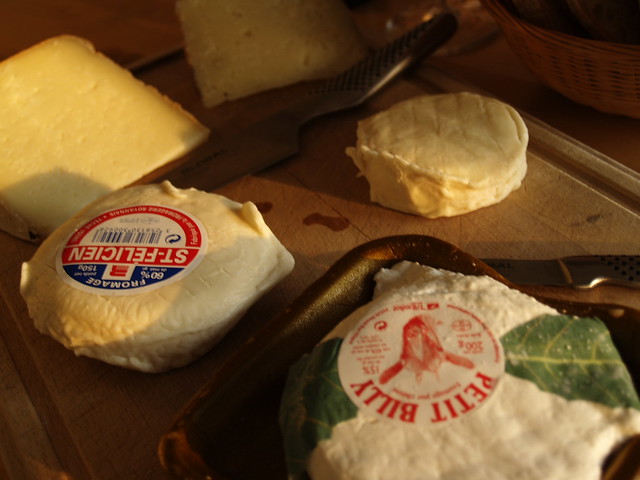You may have heard of the word/concept of hygge, which is “a Danish and Norwegian word for a mood of coziness and comfortable conviviality with feelings of wellness and contentment”, according to Wikipedia.
I discovered this week that there is an equivalent in Swedish: mys [ˈmyːˌs], which means “trivsel som uppstår tack vare ombonad miljö, trevlig aktivitet e.d.” (well-being that arises due to a cozy environment, pleasant activity, etc) [source] or cosiness [source].
Incidentally, the word hygge does exist in Swedish, but means a clearing in a forest made by felling trees. The Swedish translation of the Danish/Norwegian word hygge is danskt mys.
It comes from the Danish/Norweigan myse (squint), and ultimately from the Greek μύειν (mýein – to close ones lips/eyes). The English word myopic and myopia come from the same root.
Related words include:
- mysa = to smile, beam, cuddle, snuggle; to enjoy oneself; to be engaged in an activity that is comfortable or pleasurable; to be comfortable or content with something; to smile (with only slight movement of the mouth), particularly as a sign of contentedness or comfort (archaic)
- mysig = snug, cosy, pleasant, comfortable, agreeable
- mysigt = snugly
- mysighet = coziness
Here are some examples from Duolingo of how mysa is used:
- Jag myser på soffan med en kopp te = I snuggle on the sofa with a cup of tea
- Jag gillar att mysa med min pojkvän = I like cuddling with my boyfriend
Are there similar words in other langauges?
Sources: Wiktionary, bab.la, The People’s Dictionary









